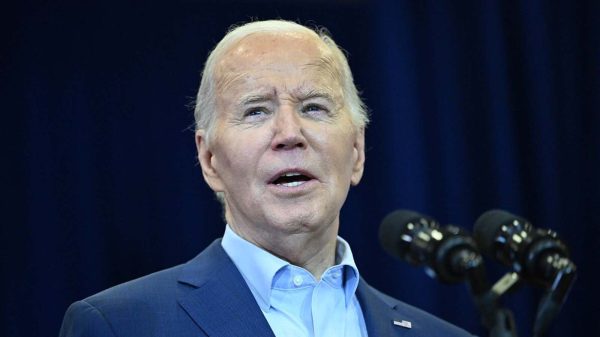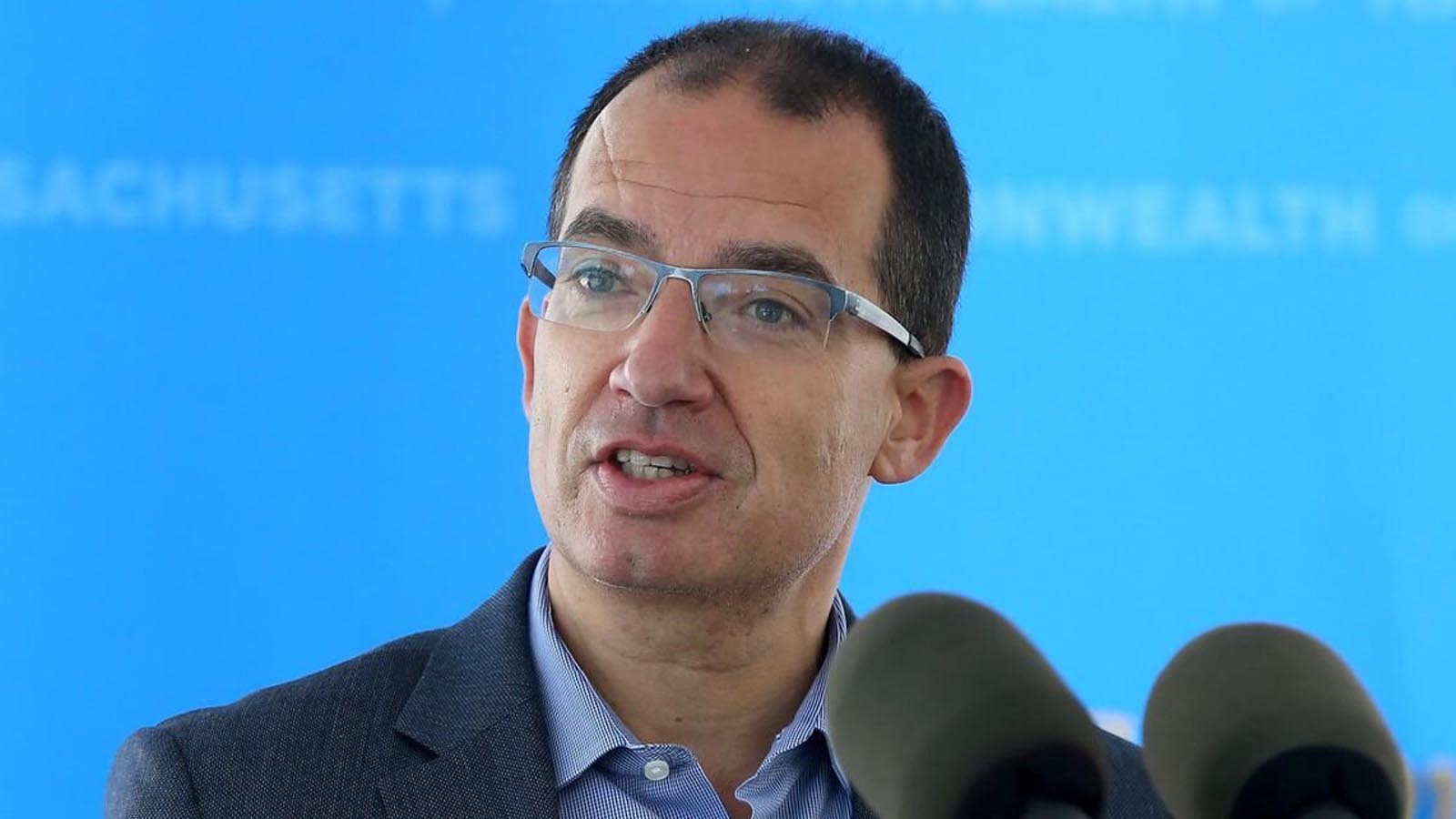Stéphane Bancel, CEO of Moderna, announced the development of a new mRNA shot to treat patients suffering from heart failure.
In a statement released on Monday, the pharmaceutical company said it currently has 48 programs in development, including 36 programs that are currently being tested in clinical trials.
These programs include mRNA infectious disease vaccines and mRNA therapeutics that span seven different modalities.
“We enter 2023 in a great position, with significant momentum across our clinical pipeline, a highly energized team and a strong balance sheet of over $18 billion of cash and cash equivalents,” said Stéphane Bancel, Chief Executive Officer of Moderna.
“With our infectious disease franchise continuing to accelerate with exciting near-term catalysts for RSV Phase 3 data and Flu Phase 3 data, and recent breakthroughs in the development of individualized cancer treatments, as well as our rapid advancement in rare diseases and promising cardiology programs, the Moderna platform is delivering across several modalities. Our progress is meeting the high expectations we set out a few years ago, and with encouraging clinical data across the entire Moderna platform, we are accelerating our investments to deliver the greatest possible impact to people through mRNA medicines. Our board has approved a significant increase to our R&D investments, with a budget for 2023 of around $4.5 billion. 2023 is going to be a very exciting year for Moderna, and most importantly, for patients.”
One of the vaccines that the US-based company is working on is the treatment for patients suffering from heart failure.
In an interview with Sky News, Bancel said, “We are now in a super exciting program where we inject mRNA in people’s heart after a heart attack to grow back new blood vessels and re-vascularize the heart.”
In short, Moderna will fix the problem it created.
Watch the video below:
Moderna CEO Stéphane Bancel Announces New mRNA Shot to Treat Heart Failure Patients
“We are now in a super exciting program where we inject mRNA in people's heart after a heart attack to grow back new blood vessels and re-vascularize the heart"https://t.co/kI3afoLU89 pic.twitter.com/zNw4rQN0Lv
— Chief Nerd (@TheChiefNerd) January 11, 2023
More from the news release:
- First patients have been dosed in a Phase 1B trial of our heart failure treatment candidate, mRNA-0184. This first-in-human Phase 1B clinical trial is being conducted in patients with stable heart failure to evaluate its safety and tolerability, and to assess the pharmacokinetic (PK) profile and pharmacodynamic (PD) effects of a range of dose levels and dose intervals of mRNA-0184
- mRNA-0184 encodes for relaxin, a naturally occurring hormone that is known to cause hemodynamic changes that are potentially beneficial for heart failure patients. The mRNA sequence of mRNA-0184 is engineered to instruct the body to produce relaxin with an extended half-life, with the goal of producing a sustained clinical benefit in heart failure patients – this longer half-life may result in more durable effects compared to previous approaches
- mRNA-0184 utilizes similar technology as our propionic acidemia candidate, mRNA-3927
Moderna’s vaccine development pipeline also includes the following vaccines, in addition to the heart failure treatment:
- Respiratory syncytial virus (RSV) vaccine
- Seasonal influenza vaccine
- Cytomegalovirus (CMV) vaccine
- Personalized cancer vaccine
- Rare disease therapeutic: Propionic academia
- Cystic fibrosis (CF)
According to the Vaccine Adverse Events Reporting System (VAERS) website, Moderna has 4,598 cases out of 18,115 heart attacks and 5,775 cases out of 26,096 myocarditis and pericarditis adverse events.















I would never take that shot or the covid vax. I do not trust the drug companies. Too many young people have died needlessly. I think there is really something going on. Biden deliberately weakened our country making way for China take over. I do not like our medicine being made in China either.
I just would like to know as far as delivery… It is injected straight into the heart. Will this confine aspects of the treatment to stay specifically in the heart or will the effects still be overall systemic?